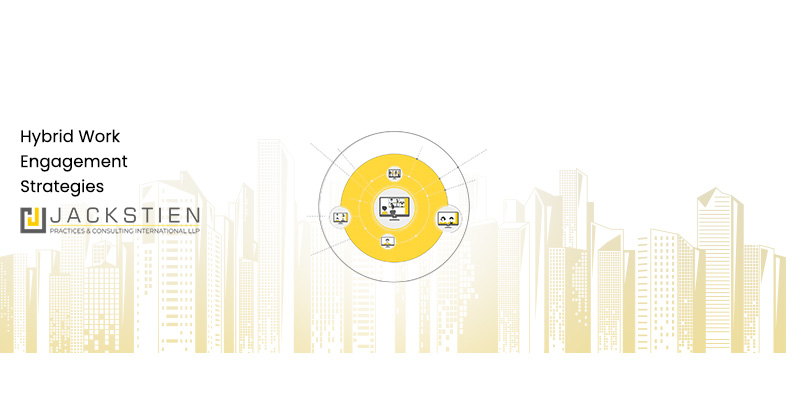Frequently, remote work and moonlighting are terms people either use interchangeably, or assume are a package deal.
Chalk and Cheese
Frequently in recent times, remote work and moonlighting are terms people confuse or use interchangeably, or assume come as a package deal. However, these two are completely independent and unrelated to each other.
Yes, the two may sometimes overlap.
However, remote work also overlaps with increased productivity, improved job satisfaction, higher employee retention and lower costs.
Work moonlighting is a concept as old as time. It refers to workers taking up an additional job, apart from their regular full-time, as a means to make more money. It’s basically a job that is done outside of the usual 9-5 hours and hence the ‘moon’ reference in moonlighting. Typically, moonlighting is a side hustle. It could be an individual getting paid for a hobby on the side, or even just helping out a friend or family member and getting financially reimbursed for it.
Some may argue that remote work extends itself toward moonlighting. Much to the contrary, most organizations that offer the remote or hybrid work model are more vigilant about employee productivity and fulfilling the stipulated hours. It’s not unusual for workers to be engaging in unofficial business, while physically being present in the office.
Career polygamy is not new. It’s been around since forever.
Moonlighting, if it is the will of the employee, is in no way restricted by the physical presence of the employee within office premises. Remote work or hybrid work offer the same leeway.
The Ethical Issue
Some percentage of the work force is usually engaged in some form of moonlighting. This is irrelevant to whether they are engaged in the remote work model. Inherently, there is nothing illegal about moonlighting, so long as employer expectations are met, confidentiality is maintained, and, most importantly, the employment agreement and conditions in it are met.
At the core, there is nothing wrong with this choice.
Why are employers so against it?
Simply put, from an employer’s perspective, they just need to ensure that they are getting what they’re paying for. And to be fair to the people voting with their feet, corporates haven’t exactly invested in making things work. As we know, hybrid work more than anything else, needs to be risk managed.
Insistence doesn’t help beyond a point.
Remote and Hybrid work is most amenable for knowledge functions that require higher use of brain power. However, like all resources, brain power is available in limited quantities before it needs to replenish. If one employers pays for certain amount of brain power which is instead used to benefit another, they may not like it. Who would.
That said, most importantly, moonlighting is NOT an issue to be conflated with remote work or hybrid work. That would be like saying that if someone steals your wallet in the midst of a funfair, then all funfairs are criminal events.
ABOUT THE AUTHOR(s) – A senior banker from the complex global markets space, Mr. Nishant Shah has worked for more than two decades across Citibank, Standard Chartered and JPMorgan Chase before taking over as our Managing Partner. Passionate with word and pen about finance, technology, macro-economics and future trends, he is a Chartered Accountant by education and the winner of various prestigious awards during his career, including the ‘India Awards for Excellence’.


